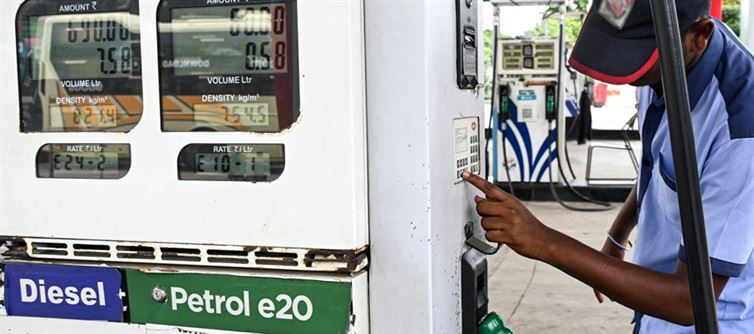
There is a growing call for transparency and choice when it comes to the fuel being sold in India. Citizens argue that all petrol pumps should be mandated to sell pure, 100% unadulterated petrol at the current market rate, while E20 — with its lower energy content and reduced mileage — should be clearly labelled and sold at a correspondingly lower price. This would not only respect consumer rights but also align with fair trade practices. Anything less, people say, amounts to forcing a product onto the public without consent, especially when it has a direct and measurable impact on running costs.
The government’s decision to push E20 without offering alternatives is being viewed by many as an act of economic coercion. In countries like those in europe and South America, motorists are offered multiple fuel blend options at the pump, with clear labelling and price adjustments to reflect differences in energy efficiency. In India, however, consumers feel trapped, paying a premium for a product that delivers lower mileage while being marketed under the same price tag as pure petrol. This lack of choice erodes trust, especially when policymakers claim the move is in the public’s best interest, yet refuse to adopt the transparent practices followed in other democracies.
Public frustration is slowly but steadily turning into anger. The sentiment is that if the government continues to disregard the economic burden on ordinary citizens, the backlash could extend far beyond online criticism and into the political arena. As some point out, even voter loyalty cannot be taken for granted if day-to-day costs keep rising because of opaque, top-down policies. Giving motorists the freedom to choose between pure petrol and E20 — priced fairly — is not just a matter of consumer rights, it’s a matter of political survival.




 click and follow Indiaherald WhatsApp channel
click and follow Indiaherald WhatsApp channel